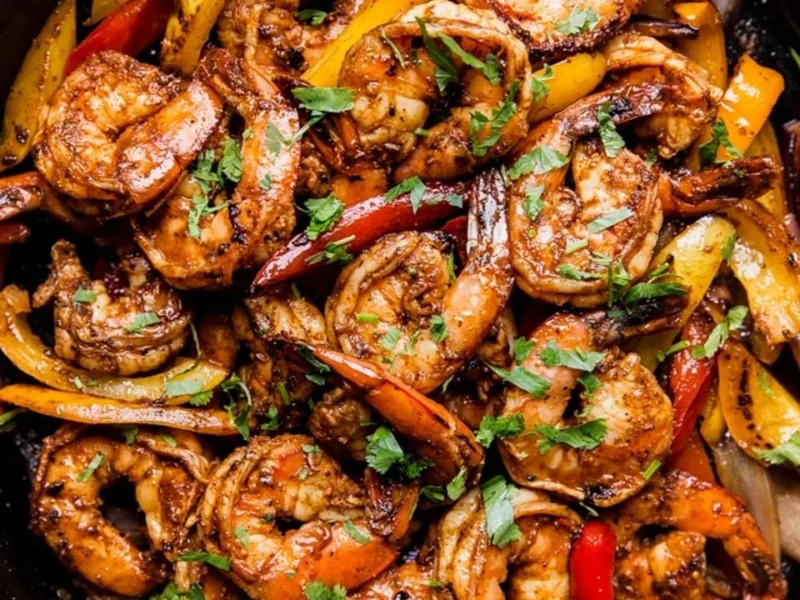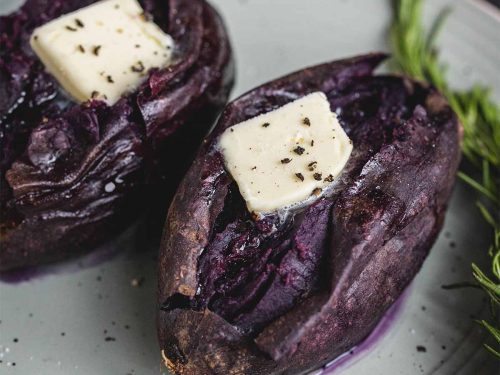Have you ever bought fresh shrimp, cooked them, and found that they taste like fish instead? This issue has baffled many seafood lovers, and there is a scientific explanation behind it.
Actin protein in shellfish and fish
The actin protein is a common protein found in both shellfish and fish, and it is responsible for muscle contraction. This protein contributes to the firm texture of seafood. However, when shellfish are exposed to high levels of actin protein, they can develop a “fishy” taste.
Actin protein is not only found in shellfish but also in fish. In fact, one study found that cod had the highest concentration of this protein compared to other types of fish.
Factors that affect the Actin protein
Several factors can affect how much actin protein is present in seafood:
Temperature when cooking
Cooking seafood at high temperatures can cause an increase in the concentration of actin protein. When you overcook shrimp or any other type of seafood, enzymes break down their proteins into smaller pieces. These fragments release more amino acids like histidine and alanine, enhancing the “fishy” taste.
pH level
The pH level can also affect the presence of actin in seafood. Seafood with lower acidity levels tends to have less actinin because acid breaks down the proteins associated with this taste.
Preventing shrimp from tasting like fish
To avoid ending up with shrimp that tastes like fish, consider these tips:
Choosing fresh shrimp
Since freshness plays a crucial role in preventing unwanted flavors such as those caused by actindon’t shrimp quality important when buying them. Don’t hesitate before buying your sea creation.
Avoiding contamination
Proper storage of seafood is important. Keep it in the refrigerator and cook it as soon as possible to prevent bacterial growth. Also, make sure to handle shrimp properly when cooking it to avoid any cross-contamination from other types of seafood or meats.
Cooking methods to minimize the “fishy” taste
Several cooking methods can minimize the “fishy” taste in cooked shrimp:
Boiling
Boiling is a quick and easy way to cook shrimp without any added oils or fats. Although you may need some salt for seasoning, boiling does not significantly alter the flavor profile of shrimp.
Shrimp Scampi
Shrimp scampi is a popular dish in which shrimp is seasoned and then sautéed with garlic and butter sauce. The buttery taste masks the potential fish taste.
Coconut Curry Shrimp
Coconut milk-based curries are flavorful and can help mask unwanted flavors such as actin by adding spices, herbs like lemongrass, kaffir lime leaves chilies as well as adding coconut cream which blends perfectly with curry preparations.It’s also tasty with rice noodles or jasmine rice
Madras Shrimp Curry
Madras curry originates from India where ingredients like garam masala,bay leaves , butternut squash are added giving it over-the-top beautiful flavors.This dish can effectively get rid of any unwanted fish taste present in your shrimp.
Frequently asked questions about cooked shrimp tasting like fish
Is it safe to eat cooked shrimp that tastes like fish?
Yes, consuming cooked shrimp that tastes like fish is safe if they have been stored properly before cooking and not contaminated while being on food preparation process. However,it should not have an extreme sour note indicating spoilage or risk arising from health and hygiene.
Can I still cook and eat shrimp with a “fishy” taste?
Yes, cooking seafood with an unwanted actin taste is safe although the flavor may not be appetizing to many guests.Hence it’s necessary to follow the tips outlined before to remove such flavors. Choose fresh-high quality shrimp, choose the appropriate cooking method, or utilize techniques that mask the odors will contribute to a much pleasurable dining experience.
In conclusion
The actin protein found in shellfish is responsible for the “fishy” taste that sometimes occurs when cooking them for extended periods while utilizing improper storage methods.The concentration of this protein can also be affected by other factors such as acidity level.It is however possible to eliminate the strong taste through choosing high-quality fresh shrimp and proper handling.Measurements include preventing cross-contamination during food prep as well as choosing suitable cooking techniques that mask the flavors explained above.
Q&A
Q1. What are the possible reasons for cooked shrimp tasting like fish?
There could be various reasons why your cooked shrimp tastes like fish. One possibility is that the shrimp was not fresh and has already started to spoil, giving off a fishy odor and taste. Another reason could be contamination during cooking, where the shrimp came in contact with other seafood or the same cookware used to prepare fish, leading to flavor transfer.
Q2. How can I identify fresh shrimp before cooking to avoid the fishy taste?
When buying shrimp, look for ones that have a translucent and firm texture with no discoloration or black spots. The head should also be attached, and there should be no strong odors emanating from it. If possible, purchase them from reputable fishmongers who sell fresh seafood daily.
Q3. Can seasoning affect the taste of cooked shrimp?
Definitely! The type of seasoning used can enhance or mask the natural flavor of the shrimp. It’s important to choose seasonings that complement seafood rather than overpowering it, which can result in a less-than-pleasant aftertaste.
Q4. Is there a way to fix overcooked or improperly seasoned shrimp that tastes like fish?
While you can’t technically uncook overcooked shrimp, you could try adding bright and acidic flavors such as lemon juice or vinegar to balance out any off-tasting notes. Additionally, seasoning with herbs such as basil or parsley can help mask unwanted flavors while still enhancing the overall dish’s profile.



